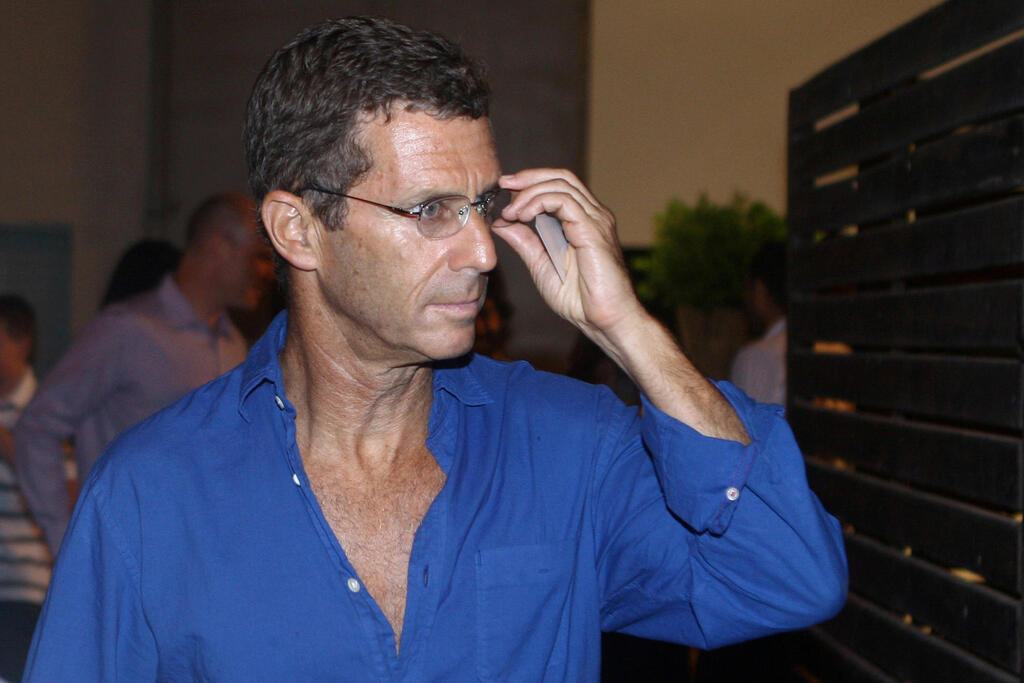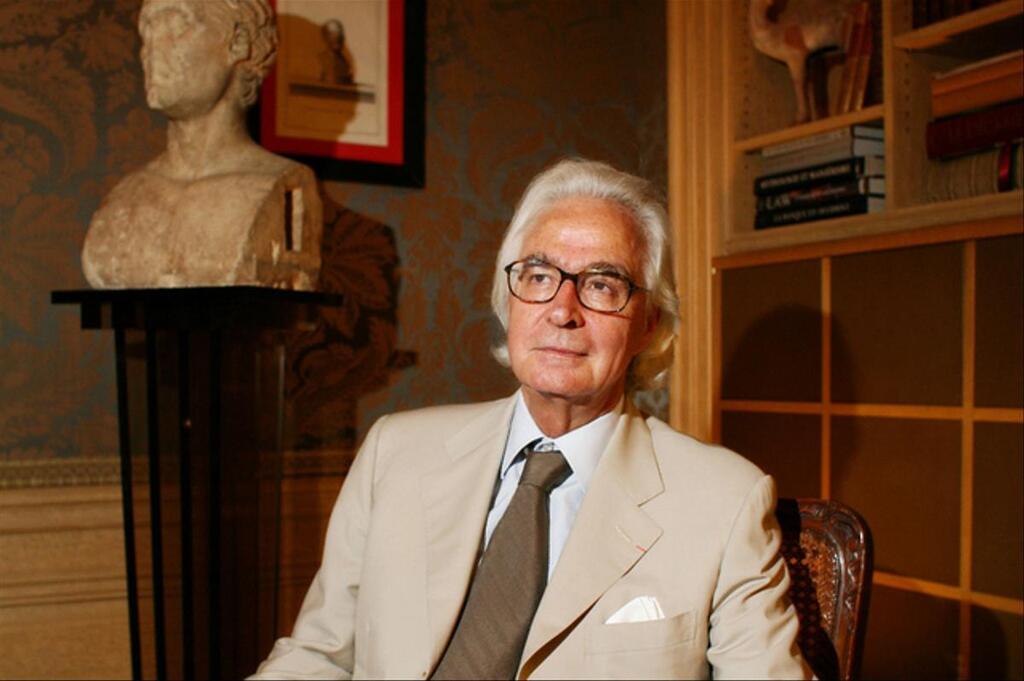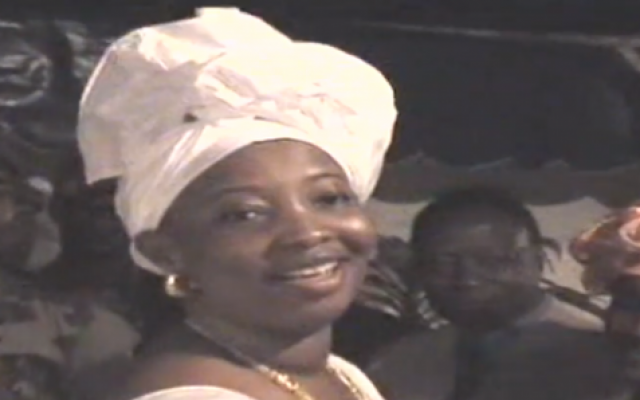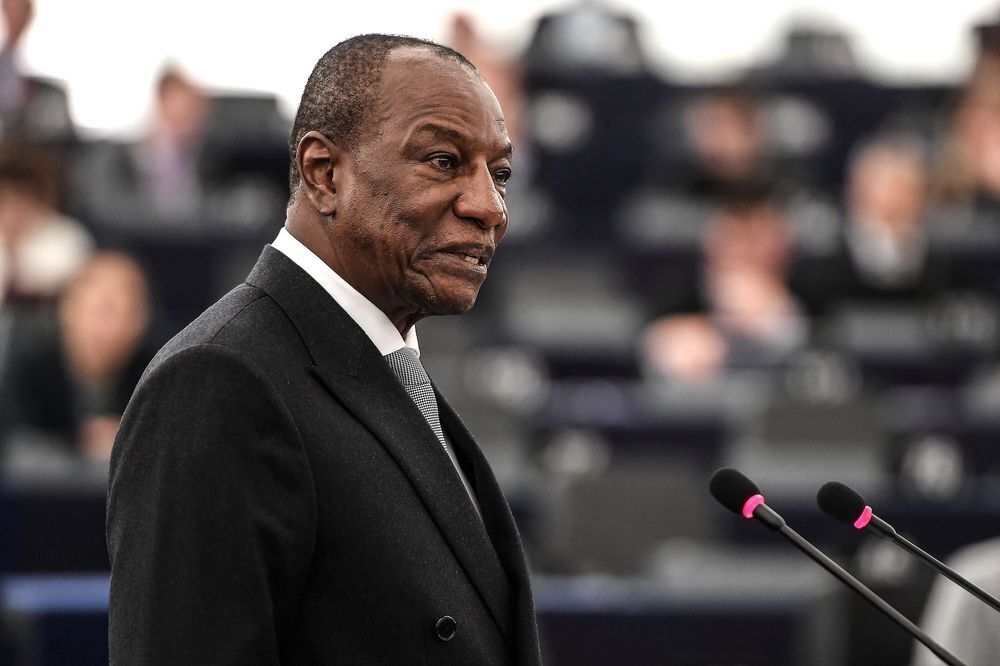After a drawn-out international investigation, French-Israeli diamond magnate Beny Steinmetz goes on trial in Geneva Monday over allegations of corruption linked to mining deals in Guinea.
The trial, due to open at 9am (8am GMT) at the Geneva criminal court, will delve into allegations of multi-million-dollar bribes paid to top Guinean officials to win lucrative mining rights.
The 64-year-old billionaire businessman, who has traveled from Israel to take part in the two-week trial, denies any wrongdoing. "We will plead his innocence," his lawyer Marc Bonnant said.
Following a six-year investigation spanning several countries, a Geneva prosecutor indicted Steinmetz in August 2019 on charges of corrupting public officials and forging documents.
Swiss prosecutors accuse him and two partners of bribing a wife of former Guinean President Lansana Conte, and others, to win mining rights in the southeastern Simandou region.
The area is estimated to contain the world's biggest untapped iron-ore deposit.
Steinmetz has previously dismissed allegations against him as baseless and an attempt by political enemies to smear him.
Prosecutors charge that about $10 million (8.2 million euros) was paid in bribes, in part through Swiss bank accounts, and say that Steinmetz obtained the mining rights shortly before Conte died in 2008.
Pact of corruption
Prosecutors claim that Steinmetz and representatives in Guinea entered a "pact of corruption" with Conte and his fourth wife Mamadie Toure.
She is a key witness in the trial and is scheduled to testify on January 13, but it remains unclear if she will come. According to investigative NGO Public Eye, she lives in the United States where she has obtained protected status as a state witness.
Steinmetz's lawyer Bonnant said the absence of Toure and other key witnesses would be grounds to postpone the trial.
He maintains his client "never paid a cent to Ms. Mamadie Toure", and also charges that she was not in fact Conte's wife, but only a mistress, meaning she could in any case not be considered a corruptible official under Swiss law.
The lawyer also said there were questions around the handling of the case by Claudio Mascotto, the prosecutor initially in charge of the investigation that began in 2013.
While a call for Mascotto's recusal from the case was rejected by the court last year, he has now been replaced by the Geneva canton's attorney general Yves Bertossa, along with prosecutor Caroline Babel-Casutt.
Curse of natural resources
Public Eye Spokeswoman Geraldine Viret told AFP the case was a "sad illustration of the problematic curse of natural resources", showing how a country as rich in natural resources as Guinea could continue to wallow in poverty.
Conte's military dictatorship had in 2008 ordered global mining giant Rio Tinto to relinquish two concessions to BSGR for around $170 million in 2008.
Just 18 months later, BSGR sold 51 percent of its stake in the concession to Brazilian mining giant Vale for $2.5 billion.
"The profit was colossal, about twice Guinea's state budget at the time," Viret said.
But in 2013, Guinea's first democratically-elected president Alpha Conde launched a review of permits allotted under Conte and later stripped the VBG consortium formed by BSGR and Vale of its permit.
In February 2019, Steinmetz reached a deal with Guinean authorities, who lifted corruption charges against him in exchange for him giving up his remaining rights to the Simandou mine.
However, Geneva has continued to press ahead with its case, which could see Steinmetz jailed for up to 10 years if convicted.





